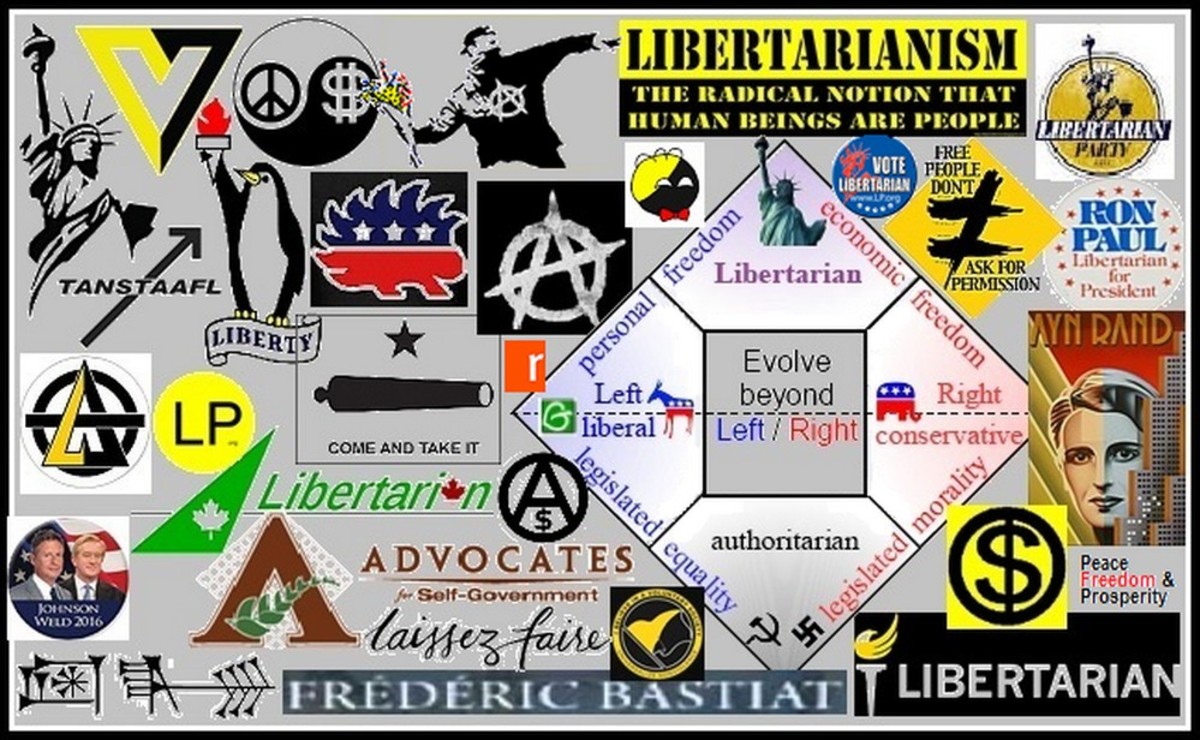The Decline of our Economic Freedom
This is a topic each of us needs to understand why it has occurred and what can we do or have we done to change this path. Each of us as individuals and as businesses owners need to have the economic freedom we had in the past to be our path to our future. Three specific areas contribute to our economic freedom: The rule of law, limited government and regulatory efficiency. George Washington made the following statement when he observed that a people “possessed of the spirit of commerce, who see, and who will pursue their advantage, may achieve almost anything.” “America’s founders knew that liberty is about more than just securing political freedoms. True liberty requires economic freedom—the ability to profit from our own ideas and labor, to work, produce, consume, own, trade, and invest according to our own choices. Thomas Jefferson underscored that point when he observed that “a wise and frugal Government, which shall restrain men from injuring one another, shall leave them otherwise free to regulate their own pursuits of industry and improvement.”
One of the key areas contributing to the decline of our economic freedom is the rule of law. Laws are being passed today that would not have had a chance in the early days of our country. In fact they probably would never even have been presented based on the overreach of government through the laws being passed. The rule of law today in many instances is not even followed or enforced as they should be. One clear example is the current immigration process which is under the jurisdiction of the Department of Homeland Security. In addition the justice department also has a responsibility for enforcement.
While the President has some leverage with regards to executive orders he cannot change the laws on the books as written without going through Congress. The President also has the responsibility to enforce the laws on the books and abide by the Constitution. This responsibility is accomplished or should be accomplished through the Department of Justice. In addition the justice department cannot decide to ignore certain laws for which they do not agree. Granted there allowances for allocating resources but totally ignoring any legislation are ignoring the rule of law as it is meant to be.
A second area is a subject which has been widely discussed by various organizations through the mission they purport to have. It is the philosophy of limited government. Over the past years and multiple administrations the size of government has grown to the level not envisioned by our founding fathers. Government seems to be affecting almost every facet of our lives not only with the laws which have been passed but how they are enforced or not enforced. The concept of limited government has been applied to several states with much success. The federal government has few responsibilities according to the Constitution which the two most important are providing for the national security and the national economy. The responsibilities under the national economy heading include the power to regulate interstate commerce, tax and currency.
In the area of taxes it is important to have a fair tax system one that provides the necessary funds to satisfy government responsibilities but also to be fair in providing a business friendly environment. The current structure needs to be revamped as it currently penalizes businesses for making more by requiring them to pay a higher tax. The government should encourage entrepreneurial activity not discourage it as is currently the case. There has been much talk about changing the tax system to such things a fair tax or consumption tax or a combination of both. Our tax system is so cumbersome that companies must hire individuals to keep abreast of the requirements including any impact from new legislation or regulations which affect tax rules. The need for clarity in the tax rules cannot be denied. The current language in place is so vague in some respects that it can be interpreted differently by different individuals and sometimes it takes our judicial system to determine the correct interpretation.
The last area affecting our economic freedom is the subject of regulatory efficiency. Regulations are growing by the minute and over the last several years by some reports thousands have been created causing havoc with our economic environment. Granted some regulations are necessary to ensure the responsibilities of the federal government are addressed but many of them address the same subject but in different departments and agencies. The duplication of government actions/decisions cannot be denied as this has been addressed as an example in a GAO report about duplication in government. If regulations are truly needed they should be written once not multiple times in multiple departments/agencies. Each regulation costs the government to monitor and enforce and so often it costs individuals and businesses to ensure they do not violate the requirements.
An offshoot of the areas previously discussed is the concept of open markets. In addressing this philosophy I present some quotes from our founding fathers and others which say it better than I ever could. Open markets provide more economic freedom if it is left to be open. The following quotes address this philosophy.
Thomas Jefferson, July 7, 1785 “I think the world would gain by setting commerce at perfect liberty.”
Benjamin Franklin wrote in the principles of trade in 1774 stated: “No nation was ever ruined by trade.”
Supreme Court Justice William Paterson wrote in 1795. “No man would become a member of a community, in which he could not enjoy the fruits of his honest labour and industry.”
The philosophy of open markets and their success is widely understood except by some politicians both elected and unelected. An open market allows individuals to sell their products and services without restrictions some of which are put in place through government rules and regulations. Granted some rules and regulations are appropriate associated with unfair competition and other aspects of our economic community.
The world economy in which we find ourselves is predicated on selling products and services throughout the world. This aspect however does not necessarily apply to all businesses. It is up to each business to make this type of decision. While some countries subsidize businesses in their country tariffs on these products being imported raise the price of goods which is not always a good action. The products and services our country provides are unique in some respects and can hold their own across the world. Competition breeds better products and services as a result. A company who has competitors will work harder to not only keep their share of the market but they will work in an attempt to take a larger share. Government needs to reduce its influence on business and let the market take care of itself. In the beginning of our country government was not involved with products and services and it needs to return to this philosophy. One of the responsibilities of the federal government is to ensure Americans can market the fruits of their labor abroad. The uncertainty in what business expenses will be from one year to another impact their decisions such as expanding or hiring additional employees. There needs to be less involvement by government in micromanaging the economy but government can and has negotiated trade agreements with other countries which provides easier access to foreign markets. This along with reducing regulations and tax rules is what government should be doing to provide a method for businesses to expand to foreign markets if it fits their objective. O








